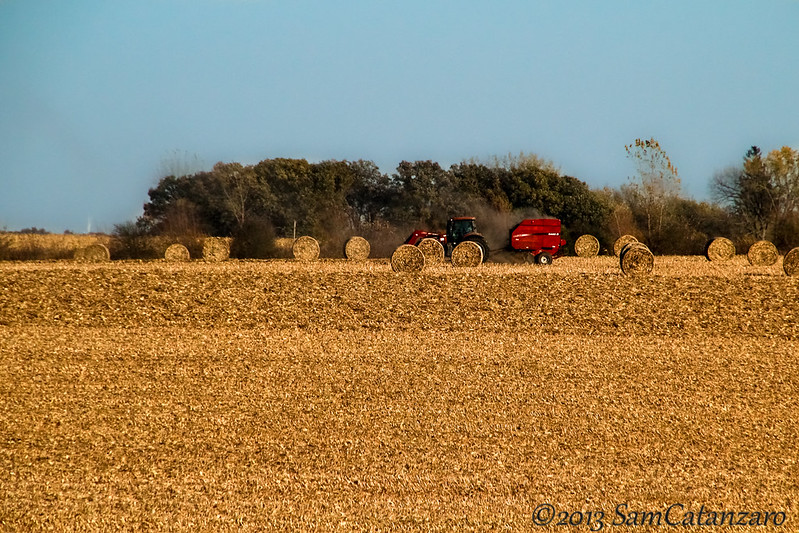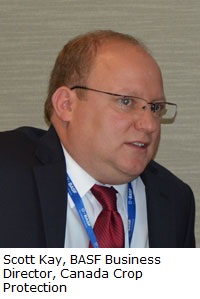Connecting consumers and farmers has become a new imperative. Research from the Ontario Ministry of Agriculture, Food and Rural Affairs has shown people want some kind of connection to those who grow their food, and they think it’s important that connection be local.
People hold farmers in esteem, yet sometimes consider farming to be corporate and unruly. That’s not true – the overwhelming majority of Canadian farms continue to be family owned and operated. They’re growing in size – and indeed the ones dubbed “commercial,†deemed to be the most likely to support a full-time farm family, are becoming more numerous, according to University of Guelph research.
But the only corporate part about them is that they may have incorporated to protect their assets, which is simply a smart business move. They’re still family farmers, the same ones survey after survey show to be among the most respected professionals in our society.
Odds are they deal with reps from big corporations. Farmers who are growing and successful need the best seed, crop protection products to control pests and weeds, and fertilizer to compensate for natural soil inadequacies or give their plants a boost. Unless they are organic farmers, they need these products to maximize production. Typically, for commercial farms, these products come from large corporations, some of which are multi-national.
Industry organizations such as CropLife Canada that support commercial farms have an army of statistics that show how much less farmers would likely produce if it was not for crop protection products.
For example, they say consumers pay less for groceries as a result of modern technology – almost 60 per cent less, in fact.
And they maintain that without crop protection products and plant biotechnology, Canadian farmers would need 37 million more acres of land – about the total annual crop area of Saskatchewan – to produce the same amount of food they produce now.
Research-based information is vital for a calm, measured conversation about the need for such products. In fact, it’s vital. At a recent symposium sponsored by BASF, JoAnn Buth, a newly appointed Canadian senator and a former president of the Canola Council of Canada, told participants there’s “an increasing demand for science to demonstrate impact.” Ottawa will continue funding research, but the scientists will need to show how their studies affect the lives of Canadians, and others.
And with federal and provincial budgets stretched to the limit, expect to see corporations playing an increasingly active role in research. They too have heard governments say industry needs to be more active.
Companies such as BASF are planning accordingly. They know they too need to demonstrate not only impact, but responsibility. People are naturally suspicious of a profit-driven company’s motives in food production, even though some degree of profit is necessary for farmers and everyone else along the line.
One approach towards better understanding is to take the consumer connection to a new level. With that in mind, in May BASF randomly approached people at a Cambridge shopping mall, and offered two of them the chance to spend parts of next month on Saskatchewan and Alberta commercial farms. There’s no script or debate planned, just an opportunity for an on-farm discussion about why farmers do what they do – including using crop protection products — and why consumers think like they do. The visit will be recorded in part and used for education and training.
Scott Kay, business director for BASF Canada, expects the results to be enlightening. “I want our company to have informed conversations about farmers and consumers, too,†he says.
Sponsoring a cross-Canada farm experience is one way to help move those conversations along.
The photo of Scott Kay is courtesy of AgWired.



